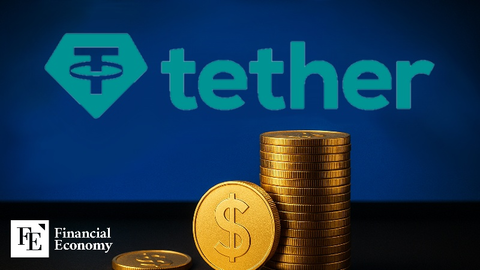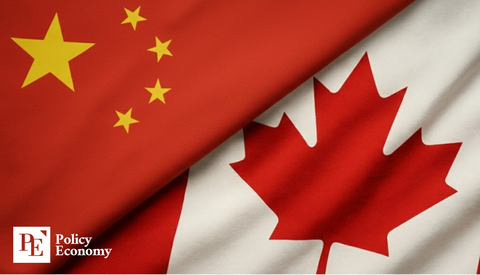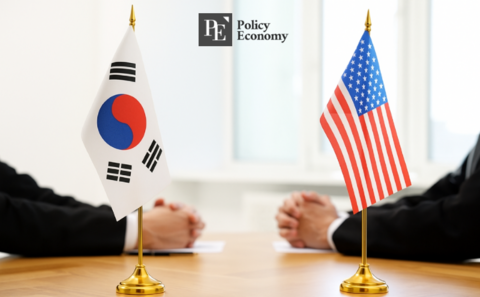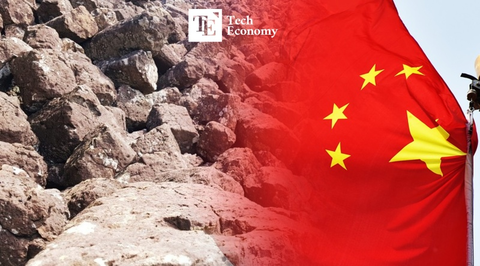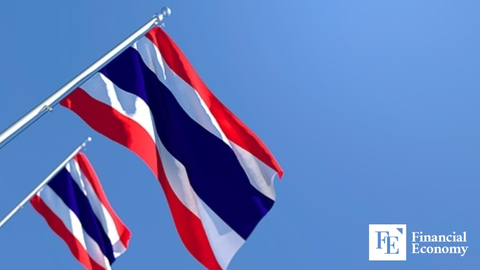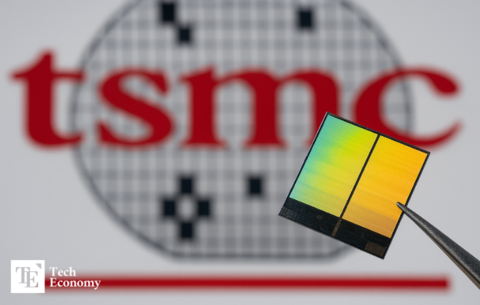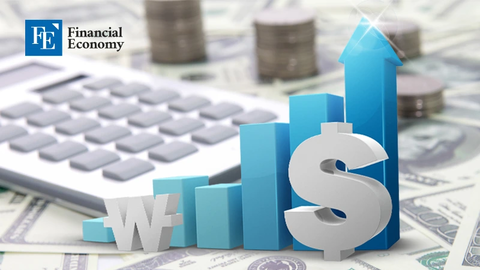The EU-China Summit: Posturing, Pragmatism, and an Unresolved Future
Input
Modified
A Beijing summit between China and the EU yields cordial language but no breakthroughs. The EU presses China on trade imbalances and Ukraine, but leaves with little leverage. Europe faces a strategic crossroads, caught between dependence on China and alignment with the U.S.
In a year marked by mounting geopolitical tension, China hosted top European Union leaders in Beijing in an attempt to reboot a strained partnership. While both sides signaled a willingness to cooperate on trade, climate, and global challenges, the summit ended with little tangible progress. Beijing maintained its usual ambiguity on issues like Ukraine, while Brussels expressed polite dissatisfaction with economic asymmetries and political posturing. The talks reflected not only the complexity of the EU-China relationship but also the increasingly precarious position of Europe in a world divided between great powers.
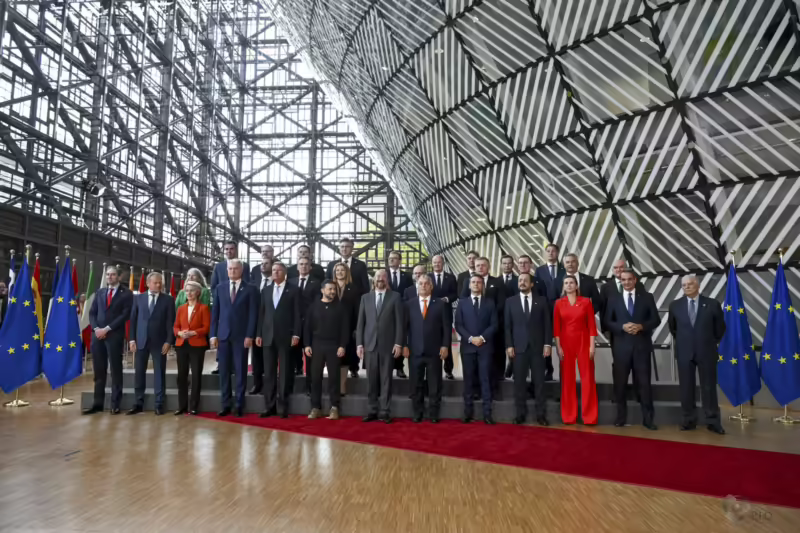
Diplomatic Optics, Minimal Outcomes
In the lead-up to the summit, China welcomed EU officials with pomp and promises of strategic cooperation. Yet behind the cordiality, both sides harbored frustrations. The European Union wanted answers on trade imbalances, overcapacity in key industries, and Beijing’s continued neutrality in the Ukraine war. Chinese leaders, for their part, sought relief from EU tariffs and a halt to what they view as growing protectionism in Europe.
Despite hours of dialogue and mutual pledges for better ties, neither side gave ground. Beijing remained non-committal on cutting excess exports in sectors like electric vehicles and solar panels, and brushed off pressure to distance itself from Moscow. Ursula von der Leyen and Charles Michel, representing the EU, reiterated Europe’s commitment to fair trade and peace in Ukraine, but stopped short of offering meaningful incentives or threats.
Strategic Imbalance and Diverging Interests
From a broader geopolitical view, it’s clear that the EU may need China more than China needs the EU. China’s confrontation with the United States is intensifying. Still, it can weather the storm through support from Russia and economic ties across Southeast Asia, especially with Vietnam, Myanmar, and Thailand leaning toward Beijing.
Europe, however, is in a more precarious position. The continent still reels from the economic fallout of war in Ukraine, an overreliance on energy imports, and the shifting loyalty of old allies. Japan, once seen as a critical swing partner in EU strategy, has now aligned mainly with Washington. That leaves the EU in need of alternative power brokers to balance against U.S. dominance.
China, aware of this imbalance, refuses to yield ground on issues that Europe views as vital, such as subsidies, market access, and the conflict in Ukraine. However, deeper alignment with China could also give Moscow more leverage in peace negotiations, an outcome that European leaders find difficult to accept.
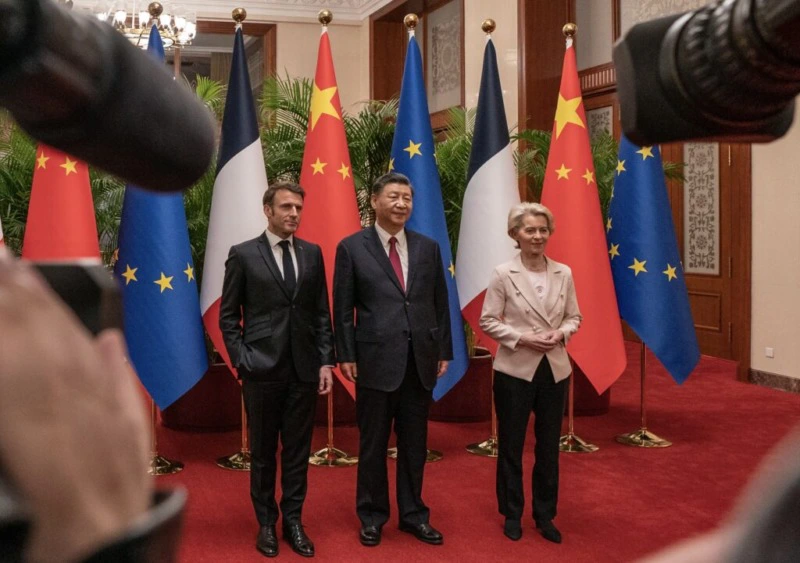
Summit Without Substance: A Relationship Adrift
Ultimately, the Beijing summit served more as a stage for diplomatic signaling than a platform for decisive action. There were no new trade agreements, no updated timelines on tariff disputes, and no change in China’s approach to Ukraine. For all the summit’s ceremony and symbolism, it offered few concrete outcomes.
Both sides remain tied by mutual economic dependency, yet burdened by diverging worldviews and political priorities. China is unlikely to abandon its industrial strategy or foreign policy alignment with Russia. Europe, meanwhile, remains uncertain about how far it can, or should, go in confronting Beijing without undermining its economic stability.

